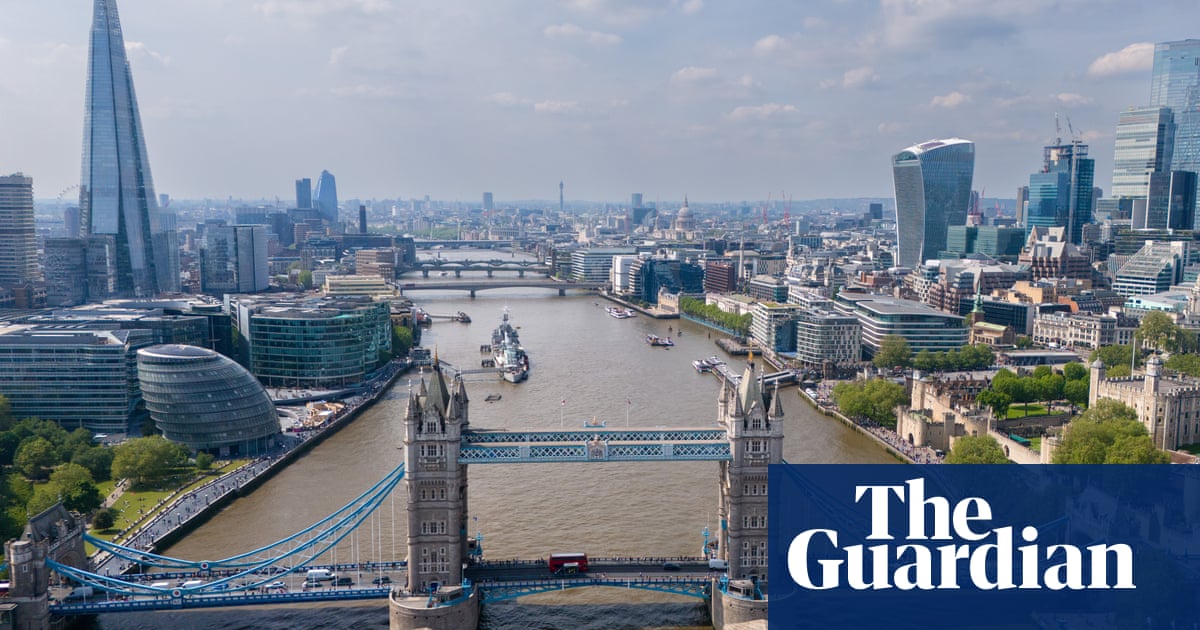
The debate over the future of the UK has been exhausted to the umpteenth degree. The flip side is the lack of debate over the future of the EU. As tough as Brexit has been over the last four years, the EU now faces more ever-growing challenges. They go to the heart of the European project and the future of the continent.
The coronavirus (COVID-19) pandemic aside, the external challenges to the EU remain. Russia looms to the east, making Baltic members and others nervous. Turkey still threatens to turn on the refugee tap in its crude blackmail of the bloc. Southern European states remonstrate about the lack of assistance in tackling the threat of untrammeled immigration from Africa. Islamist extremism, as recent attacks demonstrate, never disappeared. The anti-EU Donald Trump will exit the White House on Jan. 20 — a relief for many but not all European leaders, but they would be wise to stay alert for possible tensions with Joe Biden, not least over the new EU-China investment treaty.
But if the EU is to fall apart, it will be the internal fissures that break it apart; cracks that have been all too apparent over the last decade, of which Brexit was merely one symptom. Member states cannot even agree on a budget, let alone a vision and a strategy. The grand expansion of 2004 has rendered this union cumbersome and nigh on impossible to manage. The “blame Brussels” culture is rampant. One of the reasons the UK voted out was 30-plus years of blaming everything bad that happens on the Belgian capital, which makes a perfect scapegoat for any member state government. All failures are down to Brussels, all successes are domestic.
The EU remains the world’s largest single market, with the second most widely used currency, even after a major member voted to leave. Will others break ranks? Will others still wish to join? Might the EU even opt to eject one or more of its members? Talk of a united bloc falls apart on examination of all the divergences, with some states not part of the euro and others such as Ireland not joining Schengen. Denmark has, just like Britain had, plenty of opt-outs. On immigration and refugees, many countries just unilaterally devised their own policies.
Many speculate which EU state will now step up to play the British role of troublemaker. In fact, it is more likely that a group of two or three countries will do this, rather than a lone actor. Whisper it, but many EU leaders were happy for Britain to take the flak for applying the brakes to ever closer union, curbing spending or limiting Brussels’ powers.
The self-described “frugal four” of Austria, Sweden, Denmark and the Netherlands are perhaps closest to Britain’s historic positions, backing free trade while being allergic to many of the political ambitions of the EU. Southern EU states still expect the northern ones to bail them out of their economic distress, which includes high levels of youth unemployment.
Some Eastern European states have veered away from adhering to the rule of law. Hungary and Poland have exercised what amounts to a mutual defense pact, using the need for unanimous consent to veto any punitive measures against the other. Given the illiberal despotism of Viktor Orban’s Hungary in particular, this does not bode well for EU unity.
For most of 2020, Hungary and Poland fought against the $2 trillion EU budget and the COVID-19 recovery package worth about $860 billion. Orban and his Polish counterpart Mateusz Morawiecki railed against the linkage of the release of EU funding to adherence to the rule of law. The reasons are obvious. The EU is investigating both these states for various breaches, including suppression of the judiciary and media pluralism. The Dutch courts last year even stopped extraditing people to Poland because of a lack of faith that they would receive a fair trial. The situation deteriorated to such an extent that Brussels nearly proceeded on the recovery fund with just 25 states. Eventually, in December, a deal was thrashed out under which no move would be made against a member state under the rule of law mechanism without a ruling from the European Court of Justice. But critics in richer EU states are furious that millions of euros might end up in the deep pockets of Orban’s cronies in Hungary.
The grand expansion of 2004 has rendered this union cumbersome and nigh on impossible to manage.
Chris Doyle
If the EU fails to take action against the lawbreakers of Hungary, Poland and even Bulgaria, permitting an ugly, fudged deal, what does that say to the rest of the world about the bloc’s democratic and rule of law credentials?
Many key states are due to hold elections in 2021, including Germany and the Netherlands. German Chancellor Angela Merkel — by some way the most effective and experienced leader of a major EU state — will be stepping down. France is already in campaign mode for the 2022 presidential elections. Many speculate that Emmanuel Macron’s strident comments about Islam being in crisis were all about seeing off the far-right threat from Marine Le Pen, just as Dutch Prime Minister Mark Rutte’s increasingly anti-Muslim comments were calculated to ward off Geert Wilders’ Party for Freedom. Sadly, Muslim-bashing remains tagged as a vote-winner.
The far right is far from defeated. Many of these groups appreciate that the shambles of Brexit has doused the ardor for more states to follow suit, but their agendas are now more targeted at controlling and revolutionizing the EU from the inside.
The EU is at a tipping point. It has an aging population and a declining share of the global economy. Ever closer union has lost its mass appeal. The challenge is that there is no overarching governing ambition to coalesce around. The risk being that EU members will waste another decade debating a future they can never agree on, while falling backwards into a mire of division and rancor. Teams of troublemakers will block and veto, while small coalitions of the willing will march forward on their own. To progress, the EU needs to be flexible on its model but resilient in the defense of its democratic principles.
Chris Doyle is director of the London-based Council for Arab-British Understanding. Twitter: @Doylech
Disclaimer: Views expressed by writers in this section are their own and do not necessarily reflect Arab News" point-of-view












